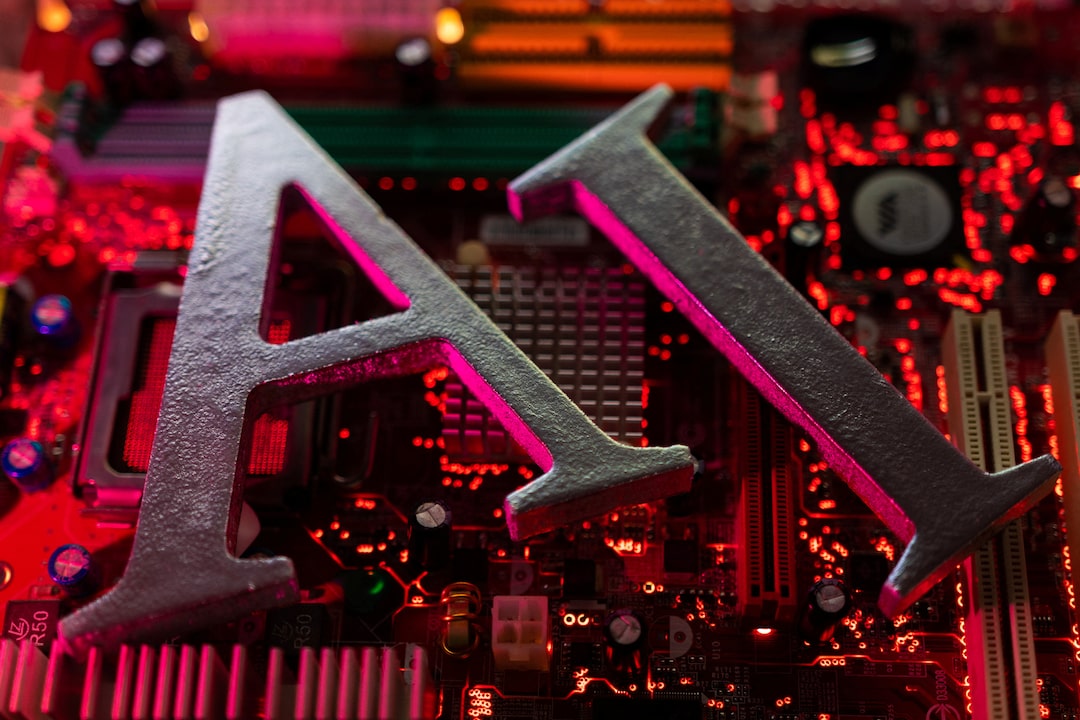Seven Republican U.S. senators have urged Commerce Secretary Howard Lutnick to scrap a Biden administration rule restricting global access to AI chips before it takes effect next month. The letter, signed by senators Pete Ricketts, Tommy Tuberville, Thom Tillis, Markwayne Mullin, Ted Budd, Roger Wicker, and Eric Schmitt, argues that the rule will damage U.S. leadership in artificial intelligence and calls for “immediate action” to halt it before it takes effect on May 15.
The Senators’ Concerns
The senators claim that the rule creates uncertainty for American companies, potentially stalling investments and risking critical global partnerships. They argue that the rule’s structure, which divides countries into three tiers based on their access to American technology, is flawed. Only 18 nations are placed in the top tier with the easiest access, while the vast majority fall into the second tier, facing arbitrary purchase limits and a cumbersome licensing process.
Impact on U.S. Companies and Global Partnerships
“Every day this rule remains in place, American companies face mounting uncertainty, stalled investments, and the risk of losing critical global partnerships that cannot be easily regained,” the senators wrote. They also pointed out that partners and allies like Israel are excluded from the top tier, further complicating the issue.

The Commerce Department did not immediately respond to a request for comment. The letter highlights ongoing divisions within the Republican Party between those seeking to relax global restrictions on U.S. AI chip shipments and hardliners prioritizing the risk of China accessing the technology.
Potential Consequences of the Rule
The senators argue that the restrictions will be difficult for U.S. companies to comply with and even harder for the U.S. government to enforce. Moreover, they believe that the rule will incentivize buyers, especially in Tier 2 countries, to turn to China’s “unregulated cheap substitutes.”
The letter reflects the complex balance between maintaining U.S. leadership in AI technology and preventing China from accessing advanced technology. As the May 15 deadline approaches, the Commerce Secretary’s response will be closely watched by industry stakeholders and policymakers alike.


